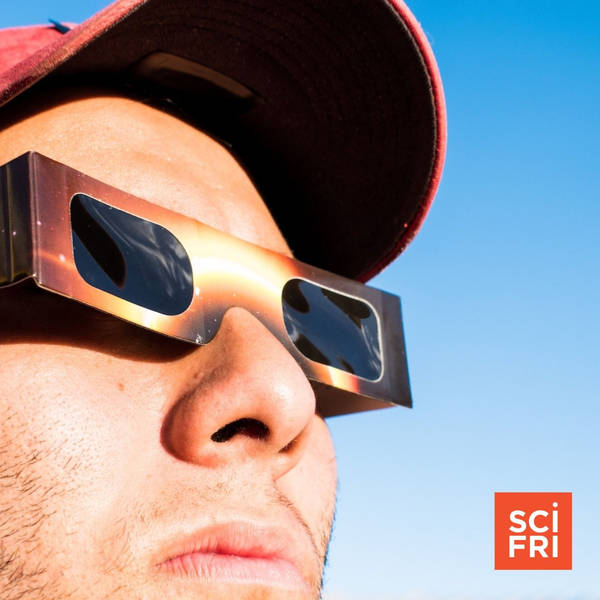
Recipient Of Pig Kidney Transplant Recovering | Answering Your Questions About April 8 Eclipse
A Massachusetts man who received a kidney from a genetically modified pig is recovering well. Also, on April 8, a total solar eclipse will plunge parts of North America into darkness. Scientists answer the questions you asked.
Recipient Of Pig Kidney Transplant Leaves The HospitalLast month, Massachusetts General Hospital in Boston announced that a team of doctors had transplanted a kidney from a genetically engineered pig into a living human for the first time. This week, that patient, a 62-year-old man living with end-stage kidney disease, was sent home from the hospital, having recovered enough to be discharged. Sixty-nine genes were edited in the donor pig, including three that coded for a certain sugar found on the surface of pig cells. The edits, hopefully, will make it less likely for the human recipient to reject the transplant.
Umair Irfan, senior correspondent at Vox, joins Ira Flatow to talk about the xenotransplantation advance, and how it could affect patients awaiting donor organs. They’ll also talk about other stories from the week in science, including how power grid operators are preparing for the upcoming solar eclipse, NASA’s search for a new lunar rover, an advance in getting robots to make appropriate faces, research into using a drug similar to the obesity medication Ozempic to delay Parkinson’s symptoms, and plans for a new time zone—on the moon.
Answering Your Questions About Monday’s EclipseAfter months of excitement, the 2024 total solar eclipse is almost here! On Monday, April 8, the moon will line up perfectly between the Sun and the Earth. For a few short minutes, it’ll plunge parts of North America into total darkness—right in the middle of the day.
More than 30 million people live in the path of totality—where the moon will completely block off the sun. It stretches from northwest Mexico, across the US, and into southeastern Canada. Depending how far you are from the path, you might experience a partial eclipse. Magical, nonetheless.
Ira talks with Dr. Padi Boyd, astrophysicist at NASA and host of the agency’s podcast Curious Universe, and Mark Breen, meteorologist and planetarium director at the Fairbanks Museum & Planetarium in Vermont. They answer questions our readers and listeners have submitted about the eclipse, and discuss why we should be excited, how to prepare, and what scientists can learn from this phenomenon.
For more eclipse-day tips and facts, visit our website.
Transcripts for each segment will be available the week after the show airs on sciencefriday.com.
Subscribe to this podcast. Plus, to stay updated on all things science, sign up for Science Friday's newsletters.
